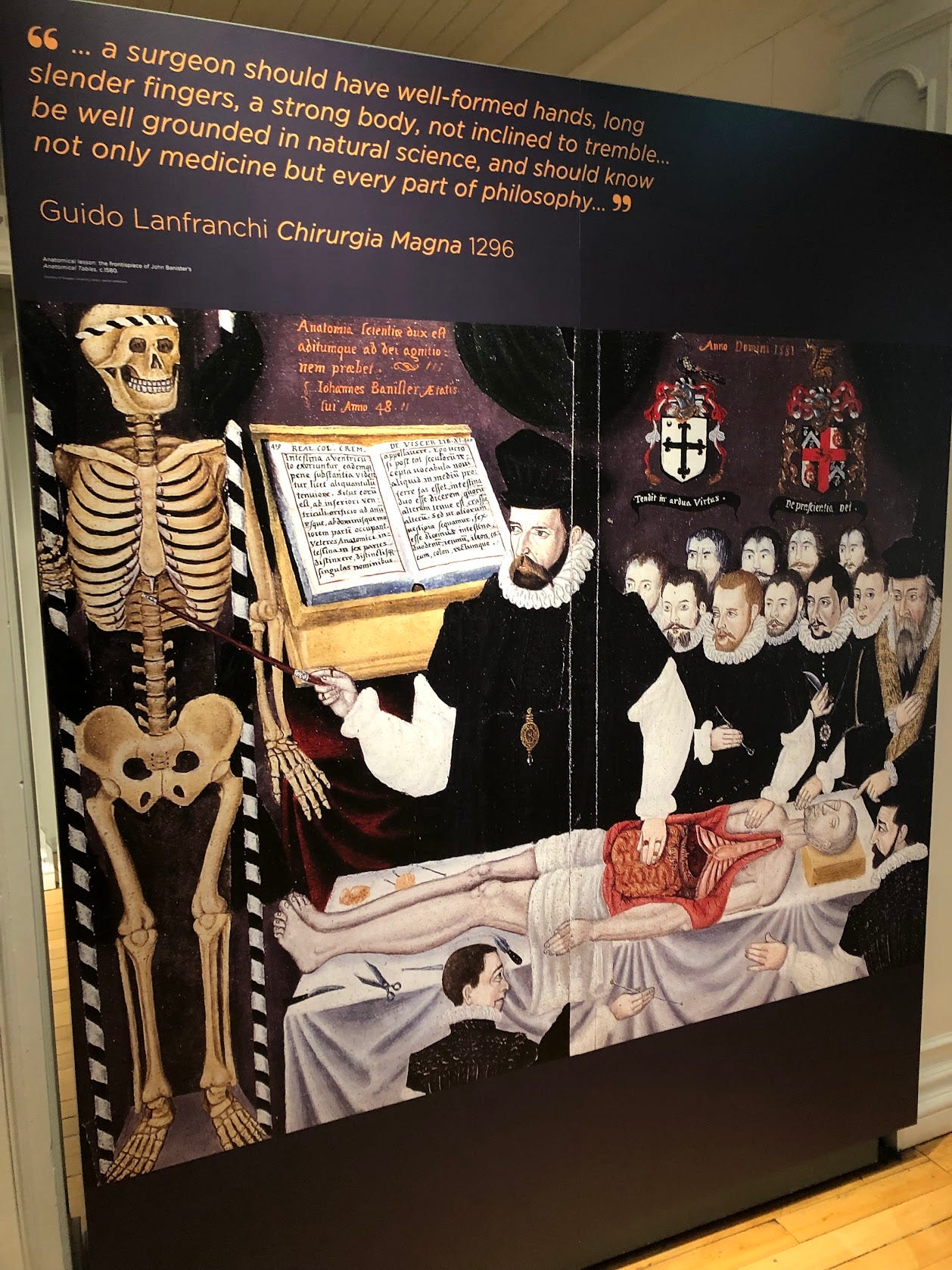What Could a Surgeon Have to Write About?
An assertion that the sciences and the arts have been unfairly segregated, that they are inseparable
There is so much I could say. I meet patients who are sweet, and kind, and grateful, and they give me hope. I meet patients who are rude, and scared, and dismissive, and they make me want to yell into the sky. I get to know the most intimate details about someone within minutes of meeting them. I see what people look like on the inside, and they give me their blessing to cut it all up and sew it back together. I watch people die. I see traumatic things on a regular basis, and when I stop to think about it I wonder how I could ever make sense of it all.
Writing helps me make sense of it.
Growing up, I was told by the world that those who go into the arts are very different than those who go into the sciences. That the disciplines are entirely different. This was reinforced by my British schooling in India, which forces students to choose a track as early as the 10th grade.
I struggled throughout college to choose a career, exploring everything from museum curation, to teaching, to journalism, to architecture, to laboratory science. Slowly, I realized that the humanities and the sciences are two sides of the same coin - they both ask questions about who we are, why we are here, and how to provide meaning to our lives.
When I realized this, medical school was an easy choice.
Over the years, I have read wonderful writings about illness and medicine, some fiction, such as The House of God by Samuel Shem, and The Death of Ivan Ilyich by Leo Tolstoy, and others works of nonfiction, such as Complications by Atul Gawande, and How We Do Harm by Otis Brawley, to name a few.
My hope is that my essays will join this tradition of writing about illness, death, medicine, and surgery. There is so much people don’t know about what it is like to be a doctor, and I hope I can help bridge that gap.




More than a few great doctor-writers in history, William Carlos Williams, Arthur Conan Doyle...